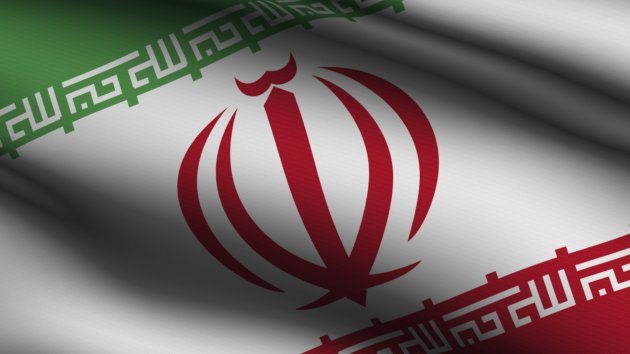Iran has moved most of its government websites to local hosts to protect them from cyber attacks, the country’s deputy communications minister said on Thursday.
Ali Hakim Javadi, who is also head of Iran’s technology organisation, said more than 90 percent of the websites had already been transferred as “it was necessary to protect governmental information on the Internet.”
Quoted in local media, he said some 30,000 Iranian websites, “including those of key organisations such as ministries,” were previously hosted by foreign companies, particularly by those in North America.
“The websites were under constant threat (of cyber attacks) and thus information could be exposed and manipulated,” Hakim Javadi added.
Iran in 2010 was the target of a massive cyber attack by the Stuxnet malware that managed to penetrate into at least 30,000 computers across the country.
Many international experts believe the virus was developed by the United States and Israel to disrupt Iran’s nuclear programme.
Iranian officials claim their websites are regularly targeted by cyber attacks and accuse Washington of having launched a “cyber war” against the Islamic republic by creating hundreds of websites hostile to the regime.
In response, Iran announced in March the creation of a “cyber army” made of expert Basij Islamist militia members to take down “enemy sites … just as we are under attack from our enemies on the web.”
But no details have been given on the type of attacks or their targets.
Control over the flow of information is a key issue for Iran — home to most Internet users in the Middle East with more than 36 million people of the 75 million populace.
In January, Iran launched a special police unit to combat “cyber crimes,” especially those committed on social networking websites such as Facebook and Twitter which are popular among the opposition and dissidents.
Internet played a major role in the wave of anti-government protests that rocked the country after the disputed re-election of President Mahmoud Ahmadinejad in 2009.
Tehran also blocks the majority of foreign news websites, accusing Western media of taking part in a plot by the United States, Israel and Britain-led Europe, against the Islamic Republic.
And in early December, the Iranian authorities immediately blocked a website the United States launched and touted as its “virtual embassy” to reach out to the Iranians.










